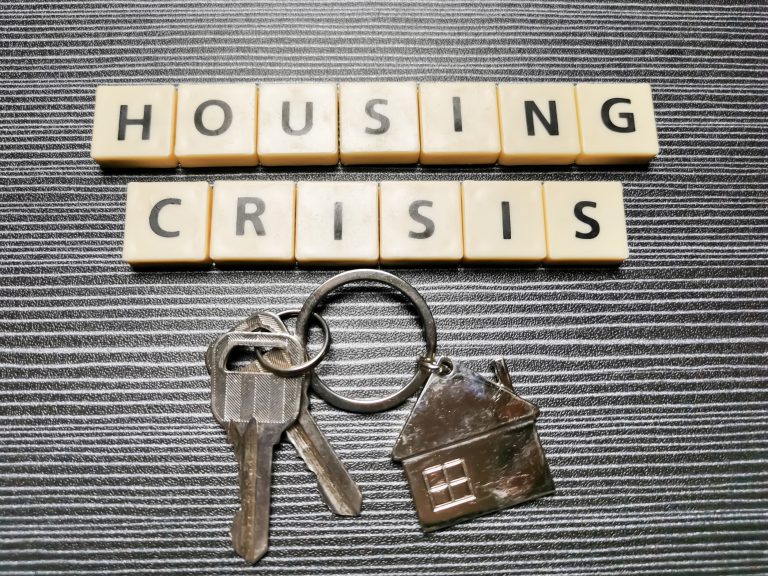
Eminent Domain and Affordable Housing: Navigating the Housing Crisis – Guest Post
The housing crisis in the United States is a major concern that is impacting communities all across the country. With the growing need for affordable housing, countless individuals and families face difficulties finding suitable and reasonably priced places to live. As we seek solutions to tackle this housing crisis, one

Recent Comments